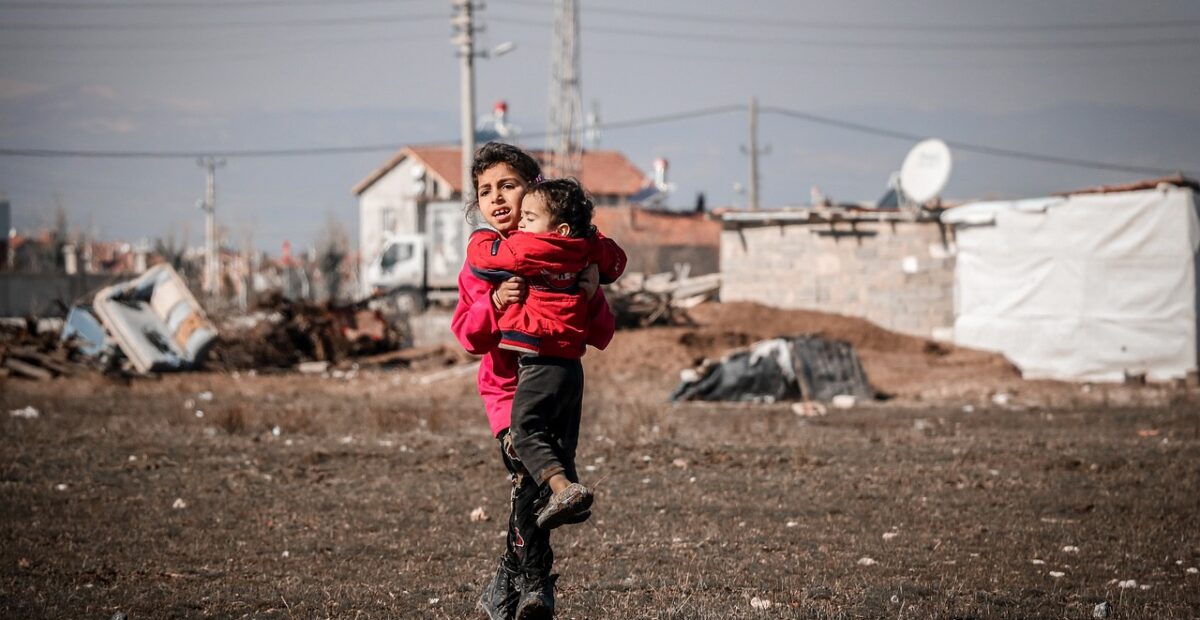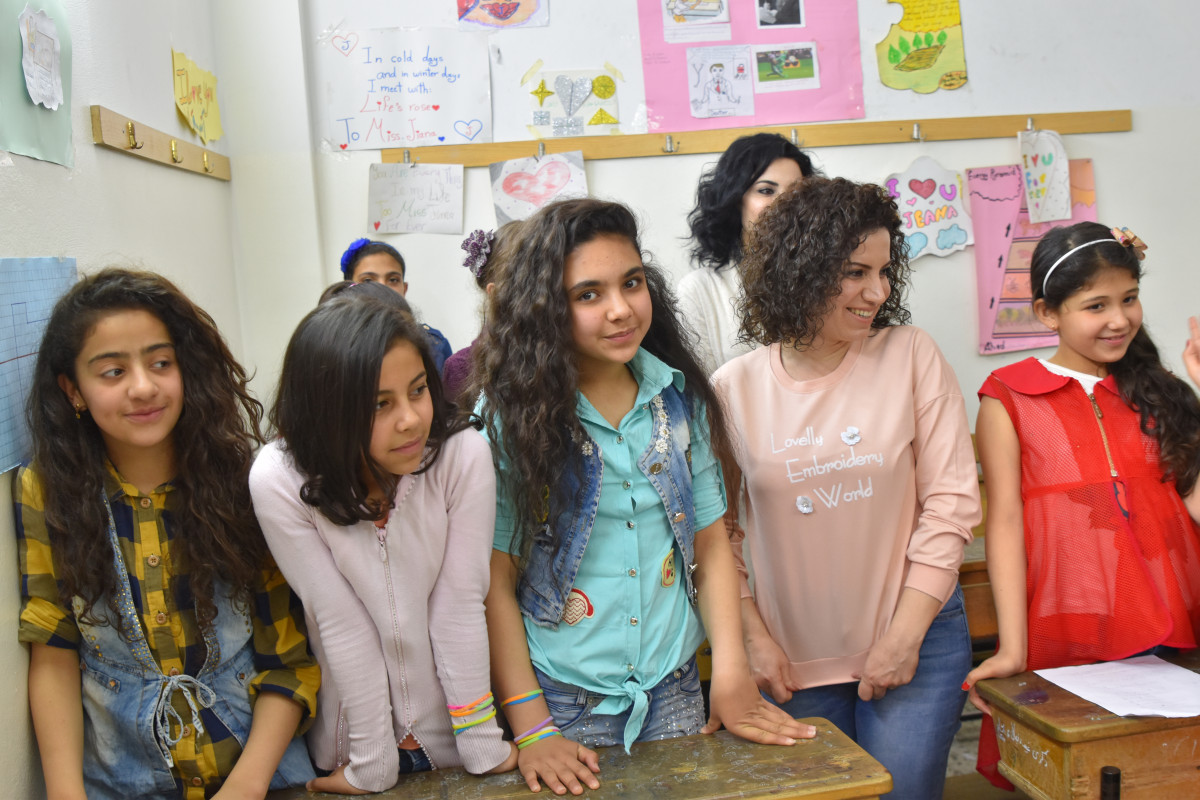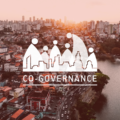
Workshop
Syria: peace among the vulnerable, peace for all

A conference, a speech and a testimony, so as not to forget the wars no one speaks of anymore, to believe that peace is still possible.
It is more urgent than ever, Pope Francis never tires to repeat, that our consciences be moved to bring an end to devastating conflict in Ukraine. Nor must we ignore the many other forgotten wars. An experience from Syria, devastated by ten years of destruction, gives a powerful witness of solidarity, built upon the unrelenting daily struggle to “move mountains of hate and violence”
Maria Bencivenni a social worker, and collaborator for many years on the general secretariat of the International Centre of the Movement for Unity in Politics, (Centro internazionale del Movimento Politico per l’unità) tells the story on the Città Nuova website.
She ecently returned from the VIII National Conference of “ Networks of charity” entitled “ Peace is Defending the Vulnerable ( all’VIII convegno nazionale “Reti della carità”, dal titolo “Pace è difesa dei fragili” ), at which she gave a speech which focused on fraternity as the powerful antidote to conflict, violence, and war; the key which unlocks the possibility to draw near to individuals and peoples.
For some time, the network “Reti della carità”, has been reflecting on the meaning of peace and dialogue in the face of so many scenes of war, which continually remind us that at the very heart of welcome and justice, are people, their stories and their suffering.
Maria Bencivenni – New City
There is much confusion around the term peace, if it is used to refer to the defeat of the enemy. This is a purely utopian position, because utopians are not those seeking an end to war, but those who believe they can use an outdated tool to solve problems that are totally new, and there are certainly many problems. With each day that passes, peace becomes more and more pressing and the appeal for a ceasefire by Pope Francis on 2nd October last year ever more relevant; it has left an indelible mark upon our memory; dedicating the entire Angelus to his appeal, he addresses himself directly to the President of the Russian Federation, calling upon him, out of love for his people, to end this spiral of violence and death and to the President of Ukraine to be open to lasting peace negotiations. “ What else is left to happen ? – asks Pope Francis – how much blood must still be shed before we understand that war is never a solution, but only destruction?” Therefore, it is all the more urgent to work so as to reverse the tendency not only of politics, but of public opinion in Europe, to resign itself to war and the inevitable recourse to the logic of weapons. As the meeting in Vienna on 11th June stated, which gathered together networks and movements from 45 countries: “ The institutions created for the purpose of guaranteeing peace and security in Europe have failed, and diplomacy which so far has led to war, has also failed. It is a now matter of urgency that diplomacy bring an end to the armed conflict before Ukraine is destroyed and humanity placed in grave danger. But war is not only happening in Ukraine; the war in Syria has lasted for more than twelve years; for ten years in Yemen; and there is also Myanmar as well as outbreaks of war in Latin America and Africa. Whilst some wars may seem more important, because they make the headlines, the whole world is at war, in a state of self-destruction. Another Angelus we cannot forget, dates back to 2013, in which Pope Francis made a heartfelt appeal for Syria. Here too, we ask ourselves the same question: whose side are we on? The side of the victims; children, the elderly, the most vulnerable. Even more so, after the terrible earthquake which struck that region. Domingos Franco is a Brazilian economist, who has lived in Aleppo since 2019; I had the opportunity to speak to him about the situation in Syria, where the majority of the population live below the poverty line. They live in places where missiles are no longer fired, but the war goes on, held in the grip of sanctions whose effects are still being felt. The saddest thing of all, is that, apart from the Pope, no one speaks any more about Syria. People say, “ we feel completely forgotten by the rest of the world”. Domingos explained how he has come to appreciate the enormous capacity of these people to endure this desparate situation. In spite of everything, many, whose faith is anchored in God, still manage to spread joy to those around them: a sort of paradox which any well-off society may find hard to understand. Their relationships are full of warmth; people help one another, there is hardly any looting, children are educated with strong values and there is little room for loneliness. Domingos lives in a Focolare community – of which there are many in Syria, full of life – and together with NGO Action for a United World (AMU), they carry out programmes of activities, sustained by many generous donors; programmes which help people continue to believe in a better future together, or at least to survive in the present. The programme Seeds of Hope Semi di Speranza works alongside 450 families to provide them with the basic necessities to live; 350 children are helped to go to school; in Aleppo, an institution for 250 deaf children is also supported; 500 people with chronic illness, disability or mutilation are given medical and social aid. The programme RestarT – leave to stay – has set up 50 micro-businesses to generate income and thereby restore dignity to those who lost everything during the war. The emergency relief fund set up on the first day of the earthquake has now raised more than 370,000 euro setting up a programme of help for 2,500 people in the areas affected by the earthquake in Aleppo, Latakia and Hama; the 3 main types of assistance are : meeting the basic needs to live, recovering homes and psychological support. According to Domingos, “ in Syria, you can almost never speak of hope with words but you can generate it through concrete actions which support and accompany those who suffer and feel despair. These words are valid for everyone. Even we find it hard to speak of hope but we can generate it by drawing close to those who suffer and who are the most vulnerable. How often do we find it a huge burden to ‘move the mountains of hatred and violence’. Yet, a profound awareness exists, expressed by Chiara Lubich in these words: “ What is impossible for millions of people who are isolated and divided seems to become possible for people who have made unity, mutual love and understanding, the essential motive of their lives”. This testimony is part of the talk addressed to the “Networks of Charity” conference click here ro read the full text.
How can you support New City in its free distribution of news? Discover our magazine, courses of formation and our projects. Together we can make a difference! Find out more at : rete@cittanuova.it
Source:






